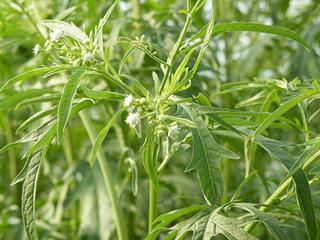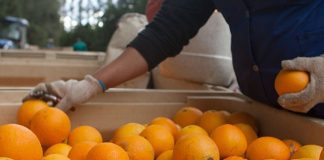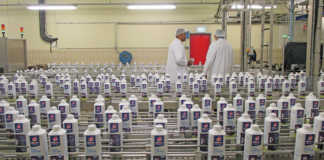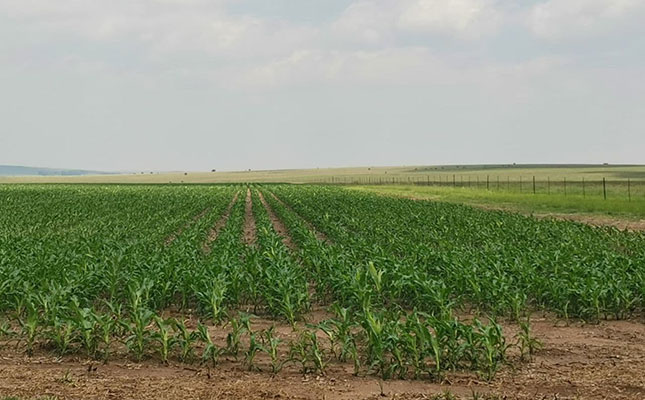
Parthenium is an aggressive coloniser of degraded lands with poor ground cover, including old agricultural lands, roadsides and overgrazed land. It releases chemicals that inhibit the germination and growth of grasses, legumes, cereals and vegetables. Parthenium, which has been spreading in KZN since the 1980s, has become more extensive and dense in recent times and now extends from Swaziland to the south of Durban.
Lorraine Strathie, a researcher at the Agricultural Research Council – Plant Protection Research Institute (ARC-PPRI), said mass-reared BCAs would be deployed in areas where chemical operations against the weed were not planned.
The mass-rearing facilities, which would cost an estimated R650 000 each, will be established near KwaJobe and near Jozini in KZN to supplement the current mass-rearing activities at other facilities by ARC-PPRI and the Department of Environmental Affairs’ Natural Resource Management Programme.
Strathie said that a number of BCAs, including the summer rust fungus (Puccinia xanthii var. parthenii-hysterophorae), a leaf-feeding beetle (Zygogramma bicolorata) and a stem boring weevil (Listronotus setosipennis), had already been released on parthenium-infested sites in KZN and Mpumalanga. These BCAs had a proven track record in Australia and their release followed extensive research into their suitability for SA.
“We’ve seen extensive feeding damage by the leaf-feeding beetle and the stem-boring weevil to the extent of defoliation or extensive damage to parthenium stems at some sites, particularly in Mpumalanga, while some damage at other sites has been low to moderate. It will take time for the agents to achieve full impact but we are very encouraged by the first season’s results,” said Strathie.
According to Dr Alana Den Breeyen of ARC-PPRI Stellenbosch, the summer rust fungus was also establishing in KZN, and in Mpumalanga it had already spread several kilometres from a release site.












